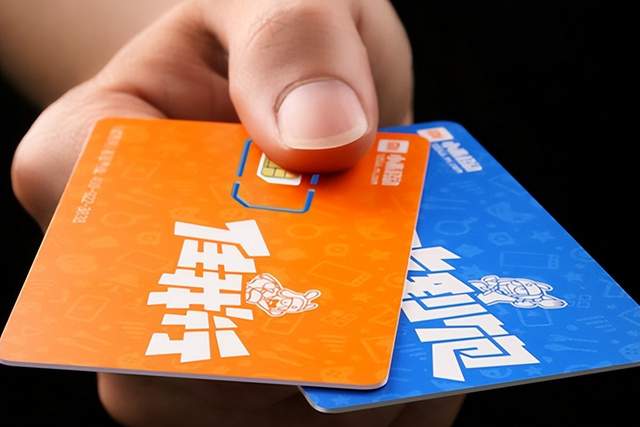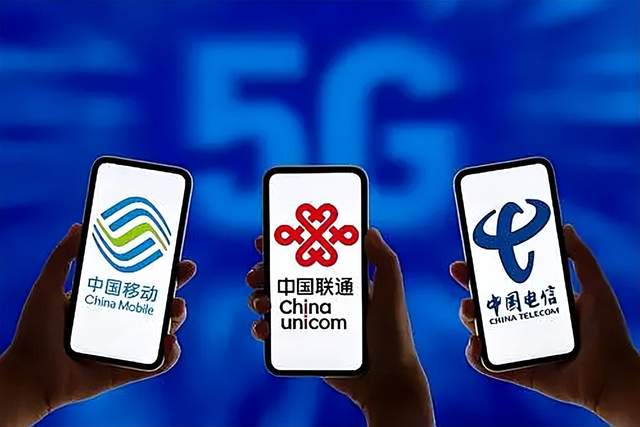Operators are being bled dry by low-priced data plans and may soon band together to cancel them
![]() 07/10 2024
07/10 2024
![]() 466
466
According to the report "Economic Operation of the Communications Industry from January to May 2024" released by the Ministry of Industry and Information Technology, operators' data service revenue reached 271.7 billion yuan, a year-on-year decrease of 1.9%. This is the first decline since the continuous promotion of 5G commercialization in 2019, which the author believes may be related to low-priced data plans.

Last year, low-priced data plan packages emerged on e-commerce channels. This time's low-priced data plan packages are also third-party packages, but there is a significant difference between these and previous third-party packages. In the past, activation and registration were handled by third parties, while this time, the third-party packages are activated through channels such as operators' official public accounts.
Previous third-party packages had significant issues. Some packages advertised huge amounts of data, but users found that watching a 2GB movie could consume 10GB of data, with serious overcharging issues. This led to many consumers avoiding these packages, and they gradually disappeared.
This time, the third-party packages are activated through channels such as operators' official public accounts, making data billing much more fair. The author has been using a number card from a certain operator's Hubei branch since November last year and has not encountered any overcharging issues. The data usage has always been within the 150GB limit set by the operator.
Operators' offline official business hall package cards often start at 59 yuan and only include 10GB of data. The author uses a 129 yuan package from a certain operator, which only includes 60GB of data with a limited validity period. Before that, there was an 119 yuan package valid for 2 years. After it expired in June this year, the operator offered a discount to allow the author to obtain 60GB of data for 129 yuan. In contrast, third-party package cards on e-commerce platforms offer 150GB of data for 39 yuan, highlighting the benefits of third-party packages.
These low-priced data plan packages began appearing on e-commerce channels last year, initially offered by only two operators. As these low-priced data plans gained popularity, the largest operator also followed suit. Currently, all three major operators offer low-priced data plans on e-commerce channels.
E-commerce platforms show that the number of comments on low-priced data cards from the three major operators has exceeded 200,000, with multiple third-party merchants selling them. Even those with lower comment counts have over 100,000, suggesting that sales of low-priced data cards from each operator may have exceeded one million.
After purchasing third-party data cards, many consumers cancel their original numbers or downgrade them to 8 or 10 yuan retention packages. With the surge in these low-priced data users, operators' data revenue has declined, indicating that the large number of users switching to low-priced data plans has impacted operators' performance.
Operators introduced low-priced data plans to compete for new users, and they did not offer them in official offline business halls to avoid affecting existing package users. However, after the price war in 2018 led to a decline in operators' performance, they quickly reached a tacit understanding and set high prices for 5G packages, which were generally above 100 yuan in 2019. Now that their performance is affected again, they may soon jointly cancel these low-priced data plans. Therefore, consumers who need them should buy them as soon as possible.

These third-party low-priced data packages are reliable. They are sold through official e-commerce channels and activated through operators' provincial company public accounts during registration. There should be no issues with overcharging. The author believes that these low-priced data card packages are quite practical and worth purchasing. If operators really cancel them under performance pressure, it will be difficult for consumers to buy low-priced data packages again, as operators' offline official business hall data packages are too expensive.








